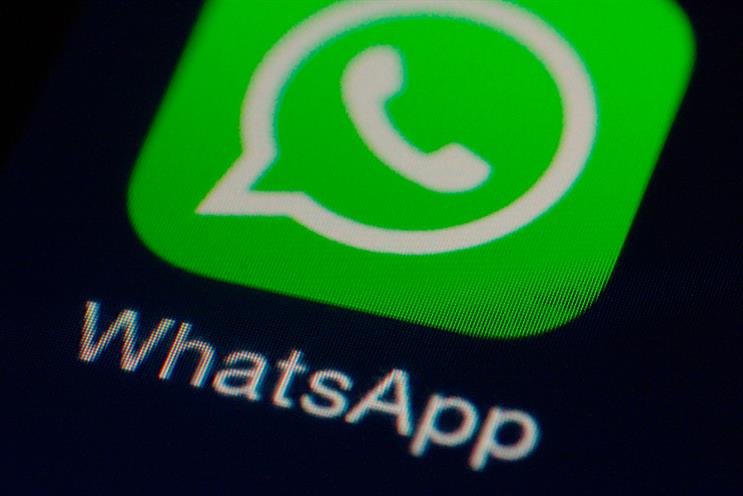Last week's announcement by WhatsApp that it is to enter into a new data sharing deal with parent company Facebook has already sparked huge debate in the data and marketing industries, not to mention among consumers, notes Richard Foster, UK managing director of LiveRamp.
Not least because the new data sharing agreement will also allow brands to buy and utilise user data to target ad-based messages on the platform for the first time.
A risky move, considering that when Snapchat threatened to revoke one of its key features late last year, meaning messages could now be saved instead of instantly deleted, it received strong backlash from users on a global scale.
But the biggest change in this new deal is not necessarily the marketing opportunities which it will afford brands in terms of reaching users, but in fact lies in the data sharing deal itself.
The data quid-pro-quo
Facebook and WhatsApp of course have every legal right to review and amend their policies around content and user privacy (within reason), and as we all know the world of technology never stands still for long.
91% of consumers remain concerned about the privacy of their data
Modern day, digital-savvy consumers are becoming more at ease with the quid-pro-quo of data in exchange for a better service (especially a free one) – our research with the DMA last year found that just under half of consumers were becoming more comfortable with sharing their personal data, and this number is growing.
But the DMA also found that 91% of consumers remain concerned about the privacy of their data. So the deal is not necessarily just a development from first movers which will kick-start a slow acceptance of more and more personal details being shared. Some detractors could see it as a trigger to vote with their feet and leave a platform which was previously adding value to their lives.
While consumers are still happy to accept that they need to share certain details with a brand in order to receive the level of personalised service they expect in today’s modern marketplace, they are simultaneously becoming more cautious about what they sign up to and how – with phone numbers and Facebook sign in still being among the most avoided.
Trust, of course, is the key issue here, and as first movers on this issue, Facebook and WhatsApp will need to build this with consumers by actively demonstrating their privacy is not at risk.
Easier marketing across both platforms
From a brand point of view, having access to WhatsApp’s wealth of data (including phone numbers) will mean that cross-channel targeting of ads will become easier between the two platforms.
This in turn will make it easier for marketers to compile a more holistic view of the user as a whole, better tracking their journey across device and channel to provide a more you fed and complete picture of a consumer’s identity – both online and off.
But the responsibility from brand and platform alike here is to make sure the platforms are not just effectively integrated, but curated to make sure the channels and communications are as relevant as possible.
As an industry, achieving this accuracy across multiple devices is one of the biggest challenges – especially as consumers remain protective about sensitive information such as phone numbers – and yet it is one we’re equipped to face. It’s also likely to be the first of many such deals as publishers and brands start to collaborate more closely.
Making it worthwhile for users
With such mass media coverage around the deal, WhatsApp is likely to see initial reluctance from users who are understandably unsure about what this will mean for them and their data.
It’s human nature to push back on unexpected change, and the challenge in winning over WhatsApp's users will be avoiding the mistake of using data for the wrong reasons.
If it uses this new opportunity to allow for smart marketing through its channel, then consumers should (in theory) receive only the most relevant and targeted ads on WhatsApp – whilst simultaneously seeing a rise in the level of service they experience on both platforms.
And as for Facebook, it’s just managed to increase its data knowledge by 1bn sources – something most brands would kill for.
The opportunity present now is for the platform to quickly combine both sets of data – and match them as effectively as possible – to offer multi-platform users the seamless and most relevant service.
By this, they illustrate to the already data amenable consumer that this is simply another step forward in the data-personalisation exchange, rather than a step too far, and showing just what the power of data in the 21st century can really do in term of delivering relevance.


